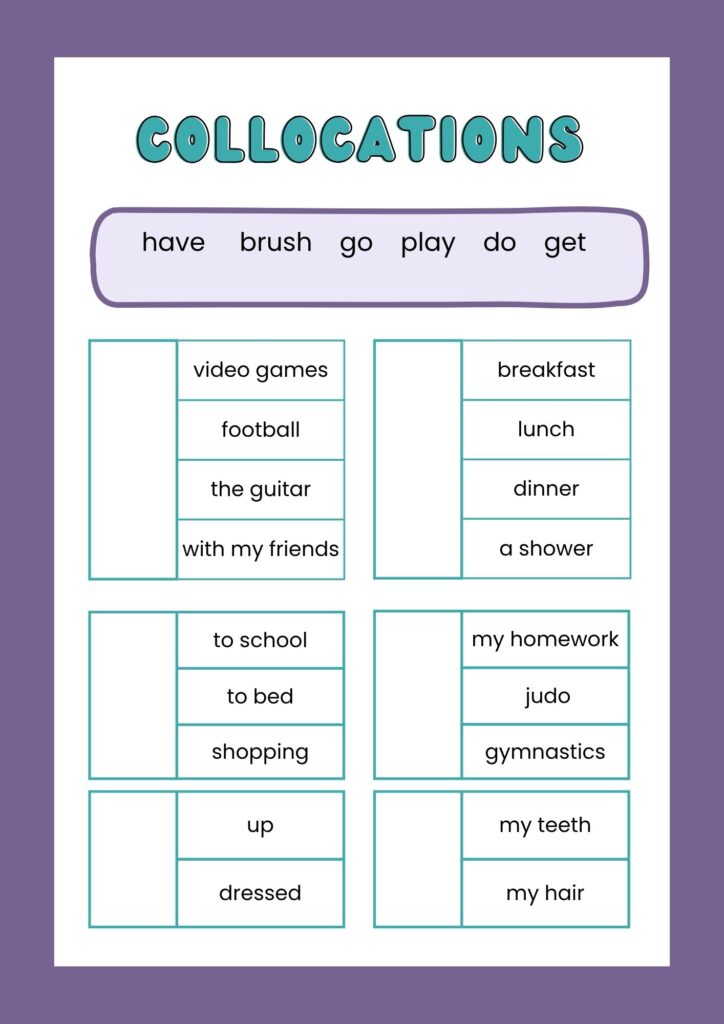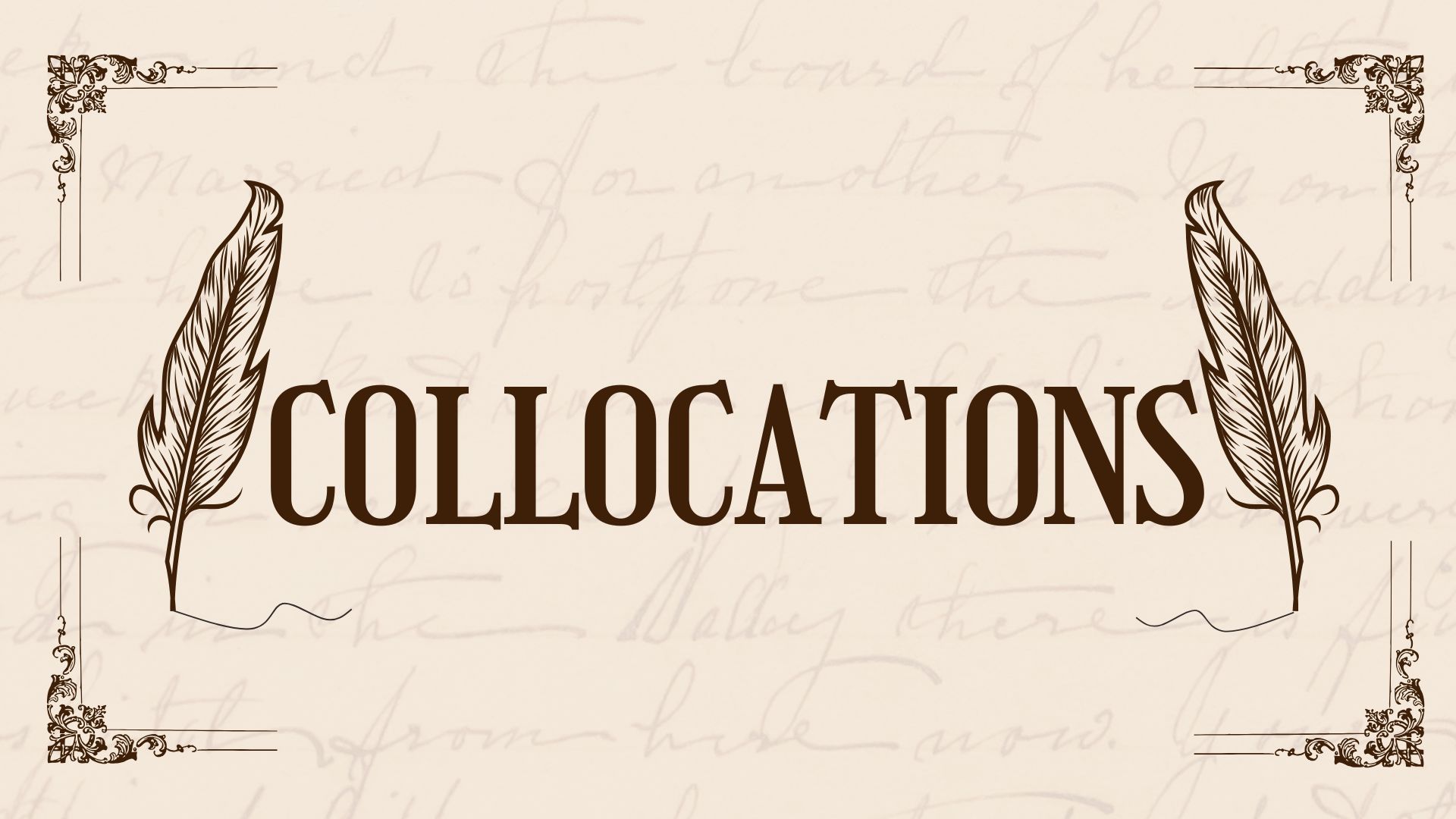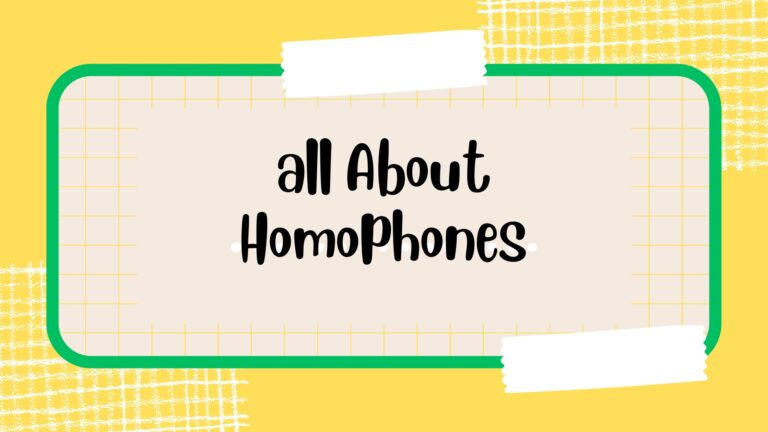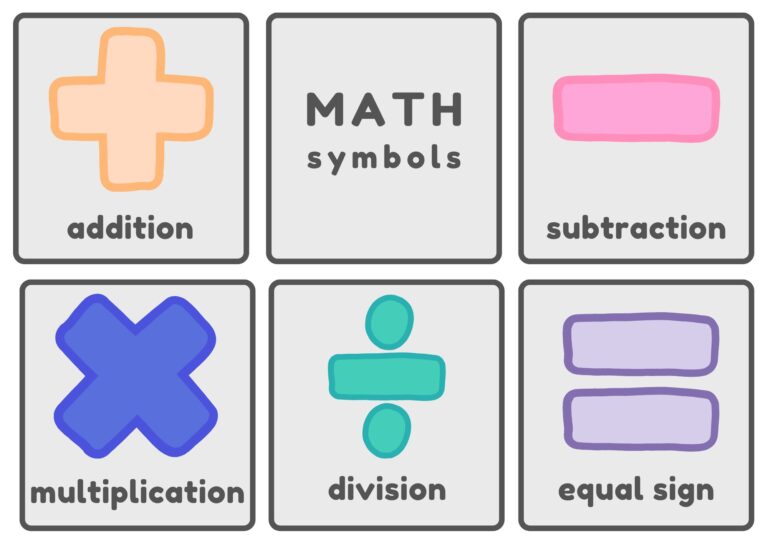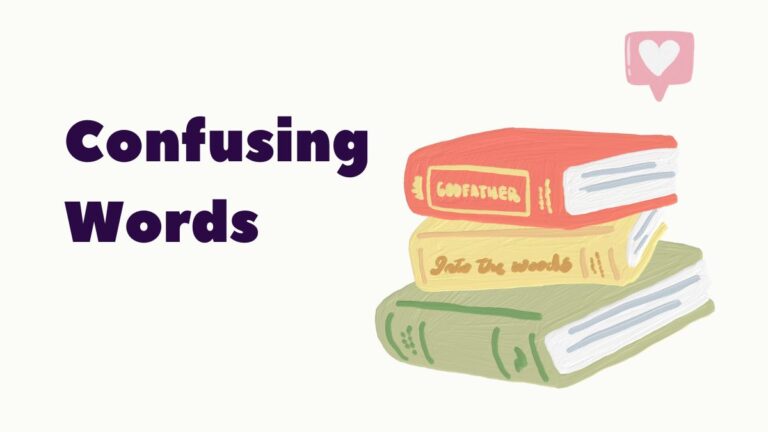Collocation: Definition, Examples, Types
Here it is discussed collocation and its role in making writing clearer. Using the right word combinations helps writers engage readers and create smoother sentences. Learning about collocation benefits students, professionals, and creatives by improving their writing skills. Small changes can make writing more powerful.
Introduction to Collocation in Writing
Collocation is important for good writing because it create smooth word combinations. They help make writing clear. For example, “make a decision” sounds better than “do a decision.” Knowing collocation improves writing and helps express ideas clearly.
Studying these word pairs also shows cultural differences in language, like saying “catch a cold” instead of “take a cold.” This knowledge expands vocabulary and shows how language changes in social settings.
Importance of Collocation
Collocation is natural word combinations that is important for mastering a language. It improves vocabulary and fluency, helping learners communicate confidently. Instead of memorizing individual words, focusing on phrases helps with understanding and remembering.
Knowing common pairs, like “strong coffee,” makes expression more accurate. Practicing collocations builds a natural feel for the language, leading to better communication and stronger connections with others.
Common Collocations for Everyday Communication
Collocations help us communicate better by pairing common words together, which boosts our vocabulary and makes our speech clearer. Examples like “make a decision” and “take a break” show how native speakers use these phrases.
Practicing these phrases improves our language skills and creates stronger connections, turning simple talks into interesting conversations. Using collocations enhances our daily interactions.
Here’s a list of common English collocations, organized by category for easier learning:
| Verb + Noun | Adjective + Noun | Noun + Noun | Adverb + Verb | Adjective + Preposition |
| Catch a bus | Tough choice | Language barrier | Try again | Afraid of |
| Pay a visit | Sharp pain | Income tax | Behave badly | Good at |
| Lose hope | Loud noise | Customer service | Wait patiently | Interested in |
| Save a seat | Bright future | Credit card | Drive safely | Proud of |
| Break the rules | Clear explanation | Energy drink | React quickly | Angry about |
| Give a speech | Serious problem | Business plan | Work hard | Addicted to |
| Take notes | Big difference | Data analysis | Listen carefully | Clever at |
| Have fun | Cold weather | Birth certificate | Laugh loudly | Annoyed at |
| Do business | Hard decision | Traffic jam | Speak fluently | Allergic to |
| Make a mistake | Fast pace | Job offer | Apologize sincerely | Furious with |
Formal vs. Informal Collocations
Formal phrases, like “conduct a survey,” are used in official settings. They show authority and fit well in reports and presentations.
Informal phrases, such as “do a survey,” are common in casual talks. These expressions create a friendly and relaxed style.
Learning both types improves language skills and flexibility. Context affects how we use formal and informal phrases. Formal language adds credibility, while informal language creates friendliness. Knowing your audience and purpose helps you choose the right language.
